Religion
In this section religions, religious belief and many elements of religiosity are explored and discussed. Early pagan beliefs in Britain and Ireland to the worship of gods across Europe are explored as are the religious changes that monotheism introduced. How religion affects themes of power, individuality and architecture are debated as are key historical movements such as the Reformation and the crusades.
Sort by:
Date (Newest first) | Title A-Z
Show:
All |
Articles |
Podcasts |
Multipage Articles
-
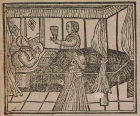
Seeing beyond the frame
ArticleClick to view -
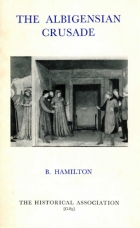
The Albigensian Crusade
ArticleClick to view -

The Byzantine Empire on the Eve of the Crusades
ArticleClick to view -

The Establishment of English Protestantism 1558-1608
ArticleClick to view -
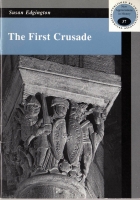
The First Crusade
ArticleClick to view -
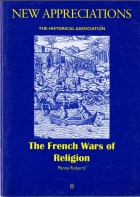
The French Wars of Religion
ArticleClick to view -
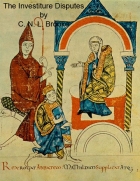
The Investiture Disputes
ArticleClick to view -

The Miraculous Crusade: The Role of the Mystical and Miraculous in the Morale and Motivation of the First Crusade
ArticleClick to view -
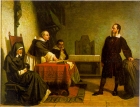
The New History of the Spanish Inquisition
ArticleClick to view -
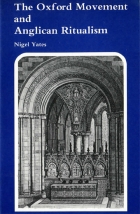
The Oxford Movement and Anglican Ritualism
ArticleClick to view -

Thomas Muir and the 'Scottish Martyrs' of the 1790s
ArticleClick to view -
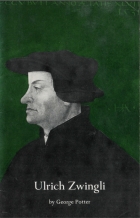
Ulrich Zwingli
ArticleClick to view -
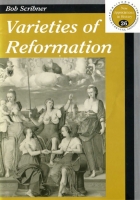
Varieties of Reformation
ArticleClick to view -

What Have Historians Been Arguing About... the impact of the English Reformation
ArticleClick to view -
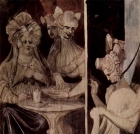
Women and the Politics of the Parish in England
ArticleClick to view -

Year 7 use oral traditions to make claims about the rise and fall of the Inka empire
ArticleClick to view -

‘Compressing and rendering’: using biography to teach big stories
ArticleClick to view

